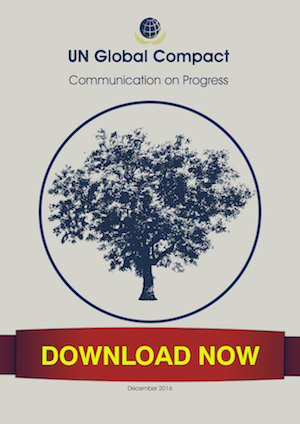Neem Set to Benefit From Global Cannabis Growth
Primal believes that a key factor for the future of the cannabis industry will be sustainable crop care. The toll of commercial agriculture on the world is already significant, and the addition of another major crop such as cannabis treated with traditional synthetic and chemical inputs could lead to damaging repercussions for both human health and the planet. As a cash crop, growers rely on synthetics and chemicals in order to guarantee the growth of their plants. Furthermore, synthetic pesticides on cannabis can be transferred into cannabis smoke at a rate as high as 70%, allowing chemicals to directly enter the bloodstream without undergoing first-pass metabolism by the digestive systems.
